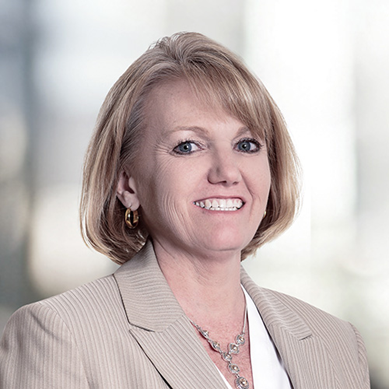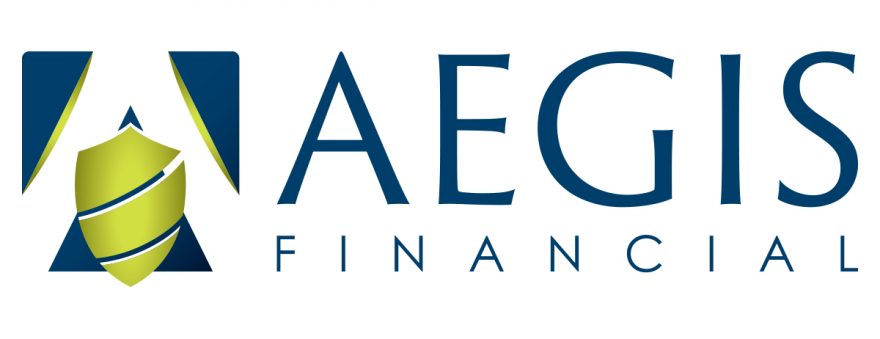What’s New with the Team!
Kenji Passed his Series 65 Exam!
A Big Congratulations to Kenji Callahan, Relationship Manager, who passed his Series 65 Exam! We are excited to see him continue to grow in his career at AEGIS and continue to serve our clients well. Way to go Kenji!

Kristie is Back in the Office!
Kristie Hennes, Chief Compliance Officer/Director of Operations, has now returned back to work full-time after her surgery she had in January at Mayo in Rochester, Minnesota. She was diagnosed with Ameloblastoma, very rare. She had a mandibulectomy fibula free flap reconstruction which is taking her left fibula and reconstructing her right lower jaw with it. She is doing very well. She is still recovering and going through treatment at Mayo, along with physical therapy. She would like to thank everyone for their well wishes, calls, emails, cards, prayers, etc. She is grateful for all your support.

A New Addition to the Reed Family!
Elissa Reed, Relationship Manager, is expecting! To celebrate, the team had a group lunch and small baby shower for her in June. We are excited for her to embark on this journey of motherhood and can’t wait to see what this little bundle of joy will bring to the Reed family. Congratulations Elissa & Chuck!

Congratulations to the future Mr. & Mrs. Deitte!
We are pleased to announce that Courtney Krell, Marketing Coordinator and her fiancé, Jacob Deitte, will become husband and wife on Saturday, August 13th at the Medina Wedding Chapel in Appleton. After the ceremony, the two will celebrate with close family and friends followed by a big reception at a later date.
We look forward to seeing Jacob and Courtney begin their lives together. We pray for a blessed marriage and for a lifetime of happiness.

New Addition to the Madell Family!
Although Mariah Madell is no longer working here at AEGIS, she will always be a part of the AEGIS family. Mariah and Jason welcomed little Alayna Madell into their family on April 12, 2022. Mariah is enjoying her new job as a stay-at-home mom and they both are ecstatic to see what the future holds Alayna, and their futures. See below a recent picture of Alayna.

Past Events!
Oshkosh Open House
On May 17th we had our Oshkosh Office Open House! Several people stopped in to see our newly expanded location, visit with our team, and enjoy a snack or two! Thanks to everyone who came out for Oshkosh Open House!

Team Family Picnic
On June 12th the AEGIS Team got together for a family picnic and games at Menominee Park in Oshkosh. The team played games like cornhole, ladder toss, jumbo jenga and more. The team got to get to know each other’s families and also see the competitive side to each other as well. Check out the pictures below from the event!

Upcoming Events!
AEGIS Financial’s Summer Celebration!
On Sunday August 14, we will have our Annual New Client Celebration for the new families we are excited to serve. This year we will attend a Timber Rattlers Game and enjoy a lunch with our new clients and ambassadors.
A big thank you to our client ambassadors for putting your trust in us and introducing these families to us.
If you know of a family member or friend who is looking for financial planning advice, we would love to schedule a free consultation with them.

Social Media
Go like us on our Facebook page “AEGIS Financial” and find out what’s happening around the office! We will be posting frequently with birthdays, and important events for our team members as well as sharing some helpful articles that could help you with your finances!
Market Update Videos!
Bill Bowman, CPA and Brian Rogers, CFP frequently share the Investment Committee’s insights on the market and economy. These videos are emailed to you and available on our YouTube Channel “AEGIS Financial” as well as our Facebook and LinkedIn pages! Be sure to like and subscribe!

Financial Planning Educational Video Series!
Do you have questions about your accounts? Are you not sure what different types of investments are or how they work? Then this educational series is the perfect thing for you! We are continuing our educational series of short 1-2 minutes videos hitting on questions and topics that our clients frequently have. Follow us on Facebook, LinkedIn, or YouTube to stay up to date with the latest videos in the series!

Lunch & Learn Educational Series!
Will I have enough to retire? How will I replace my paycheck? Should I take Social Security early, or wait until full retirement age? How will I minimize taxes and protect my benefits? Will my money last? Do you know of anyone asking these questions? We can help!
We are now offering FREE Lunch & Learn Presentations! With a complimentary lunch, we will provide you with a presentation on any of the following categories or by special request!
- Retirement Planning
- Long-Term Care
- Social Security
- Charitable Giving Strategies
- Roth conversions to Reduce Taxes Over Lifetime
Contact us at info@aegis4me.com to book a FREE Lunch & Learn Session today!












